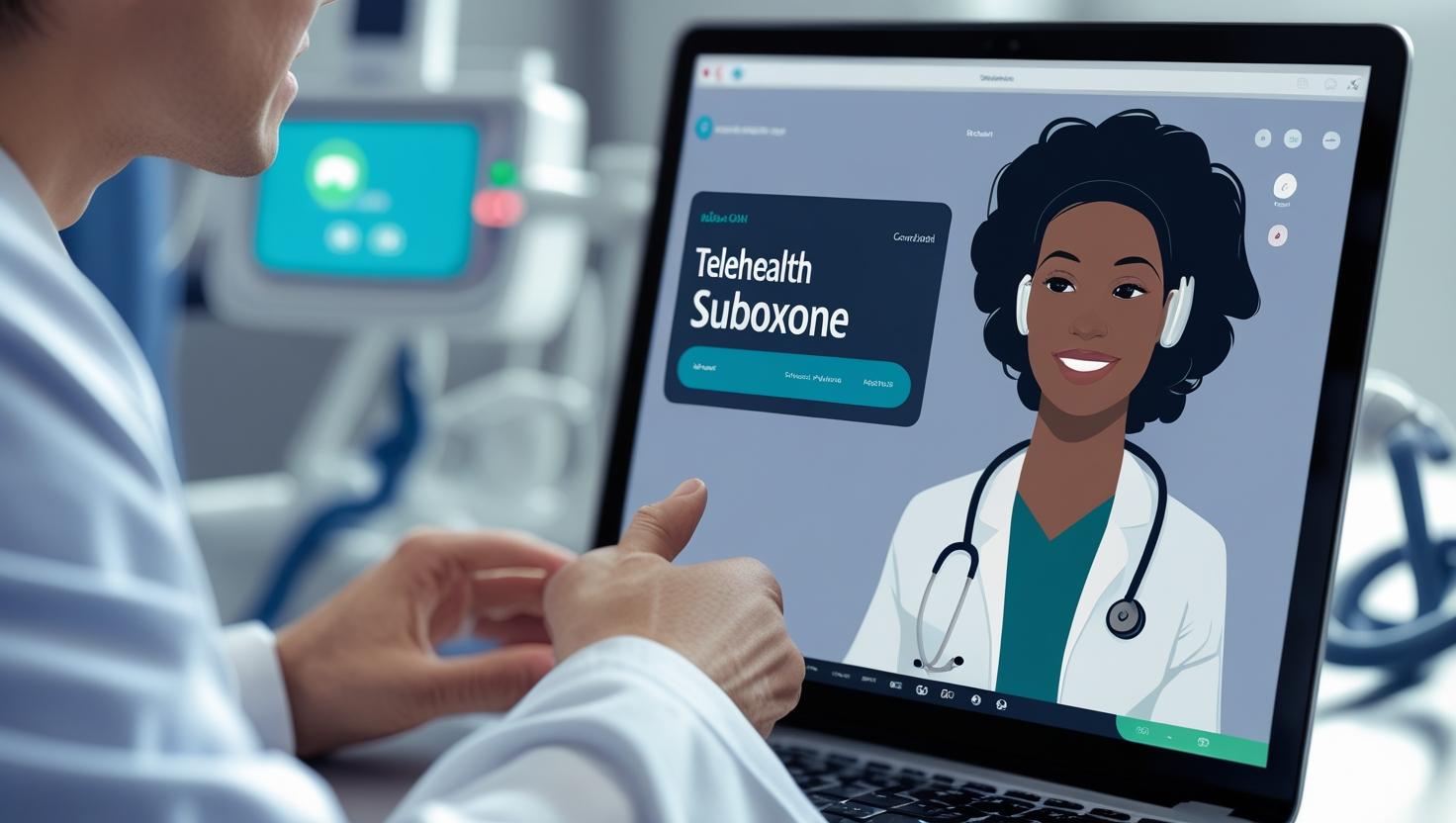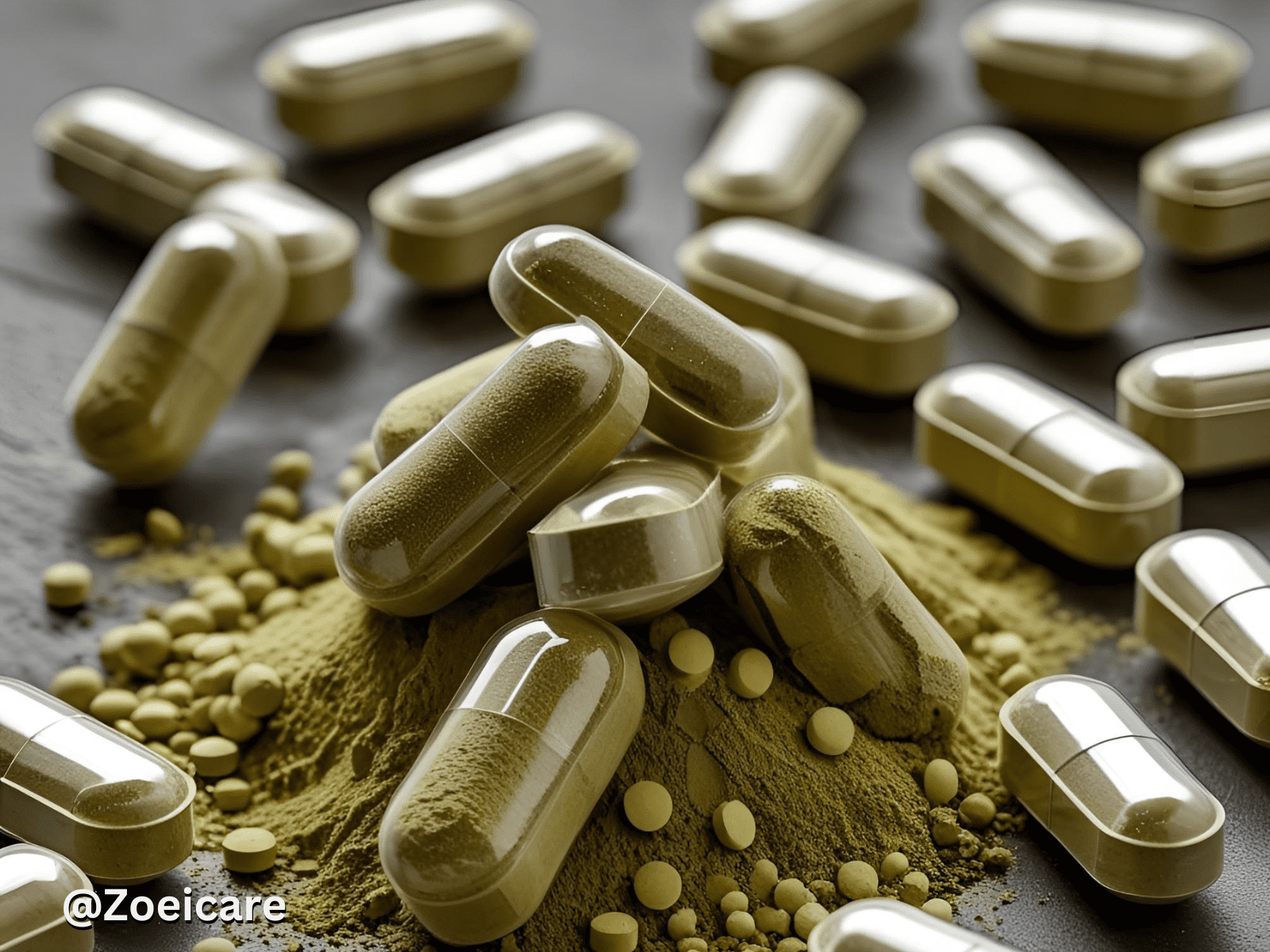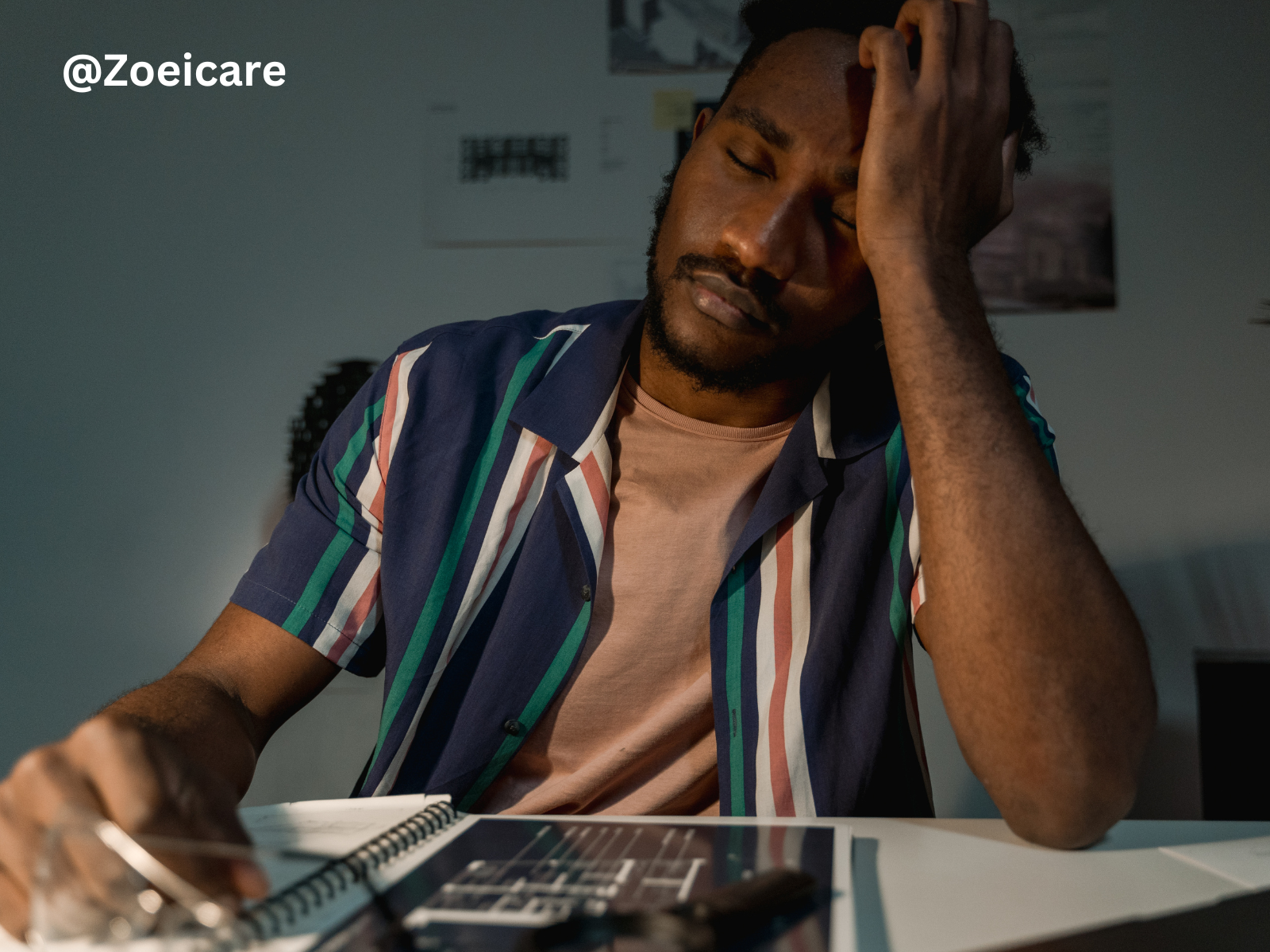If you’re reading this, chances are you—or someone you love—is looking for help with opioid use. And if you live in Texas, you might be wondering: Do I really have to drive across town and sit in a clinic to start Suboxone?
The truth is, starting treatment is often the hardest step. Distance, stigma, and busy schedules can make it feel impossible. That’s why telehealth—being able to start Suboxone online by video or even phone—has been a game-changer.
But with laws changing and new rules from the DEA on the horizon, it can be confusing to know what’s allowed in 2025. Let’s break it down in plain terms.
The Short Answer
Yes—you can start Suboxone online in Texas right now. Thanks to an extension of pandemic-era rules, federal telehealth flexibilities are active through December 31, 2025. That means you can begin treatment with a Texas-licensed clinician by video or phone today.
After December 31, 2025, a new DEA rule takes effect:
– You’ll still be able to start online.
– Your prescriber can give you up to six months of treatment this way.
– But after that, you’ll need to see your prescriber in person at least once to keep going.
What the Federal Rules Say
Right now (through Dec 31, 2025):
– You can start Suboxone with a telehealth appointment (video or audio-only).
– Your prescriber doesn’t need to see you in person first.
What changes after Dec 31, 2025:
– You’ll still be able to begin via telehealth.
– But your prescription will be capped at a six-month supply before an in-person visit is required.
– After that one-time in-person check, you and your prescriber can keep using telehealth for follow-ups.
In plain terms, today, you can start online without worrying. By the end of 2025, you’ll just need to plan one in-person step after you’ve begun.
What’s Unique About Texas
Every state has its own rules on top of federal law. In Texas, here’s what you should expect:
– Texas License: Your prescriber must be licensed in Texas to treat you, even online.
– E-Prescribing: Suboxone prescriptions must be sent electronically (no paper scripts).
– PMP Check: Before prescribing, your doctor must review your prescription history in the Texas Prescription Monitoring Program (PMP).
– Same Standards as In-Person: Telehealth visits must meet the same safety and care requirements as office visits.
How to Start Suboxone Online in Texas (Step by Step)
- Book a Telehealth Appointment
– Find a Texas-licensed prescriber who offers Suboxone by telehealth.
– At Zoe Pyschiatry and Sleep Medicine, you can book an appointment here.
2. Gather What You’ll Need
– A government-issued ID (your name and date of birth must match your intake form).
– A Texas address and pharmacy.
– Your medication list and any recent medical records.
– A quiet space with a good phone or internet connection.
3. Your First Visit (30–45 minutes)
– Discuss your medical history and recovery goals.
– Your prescriber will check the Texas PMP.
– If appropriate, you’ll get an induction plan: when and how to take your first Suboxone dose.
4. Pick Up Your Medication
– Your prescription will be e-prescribed to your Texas pharmacy.
– Bring your ID when you go.
5. Follow-Up Support
– Expect a check-in within the first week or two.
– Ongoing visits can be by telehealth.
– Counseling, recovery groups, and mental health support can make a big difference.
Looking Ahead: What Will Change in December 2025?
Here’s the key date: December 31, 2025.
– After this date, the new DEA rule takes effect.
– You’ll still be able to start Suboxone online.
– But after six months, you’ll need to see your clinician in person once to keep your prescription going.
Until then, the current flexibilities remain fully in place.
Safety & Good-to-Know
– Identity Checks & Monitoring: Expect ID verification, PMP checks, and sometimes urine tests or pill counts. These are normal safety steps.
– Pharmacy Stock: Not all pharmacies keep Suboxone in stock. Call ahead to confirm.
– Overdose Safety: Always keep naloxone on hand. Ask your prescriber or pharmacist.
– Crisis Help: If you’re in immediate danger or having thoughts of self-harm, call 988 for 24/7 crisis support.
FAQ: Telehealth Suboxone in Texas
Is Suboxone telehealth legal in Texas right now?
Yes. Federal telehealth flexibilities are extended through Dec 31, 2025. Texas requires e-prescribing and PMP checks.
Do I need to come in person before getting Suboxone?
Not before Dec 31, 2025. After that, you’ll need an in-person visit once you’ve been on Suboxone for six months.
Can my first visit be phone-only?
Yes. Both federal flexibilities and the new DEA rule allow audio-only visits for the first prescription.
What ID or documents do I need?
A government-issued ID, a Texas address, your preferred pharmacy, and your medication history.
Will my prescription be printed?
No. In Texas, Suboxone must be prescribed electronically.
How Zoe Psychiatry Can Help
At Zoe Psychiatry, we believe starting recovery shouldn’t be complicated. That’s why we offer:
– Confidential telehealth evaluations with Texas-licensed clinicians
– Suboxone prescribing when appropriate
– Integrated care for mental health and sleep issues
– Ongoing support to help you stay on track
Learn more about our services
Book your appointment today.
References
– DEA/HHS telemedicine flexibilities (extended through Dec 31, 2025)
– DEA final rule: six-month telehealth supply + in-person visit requirement (effective Dec 31, 2025)
– Texas e-prescribing law
– Texas Prescription Monitoring Program (PMP).

















